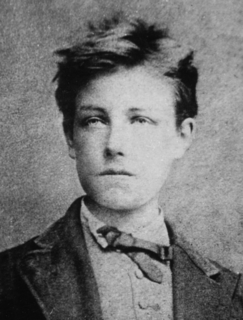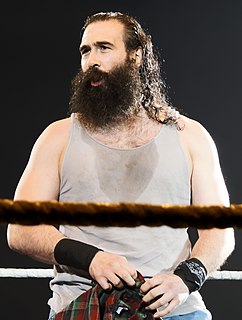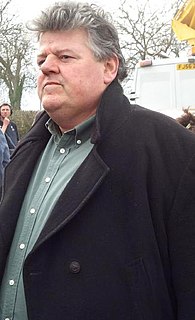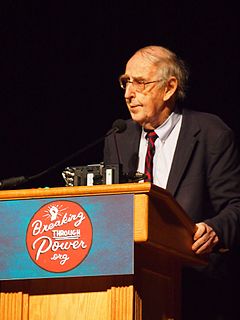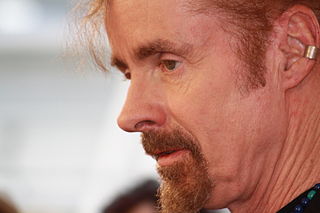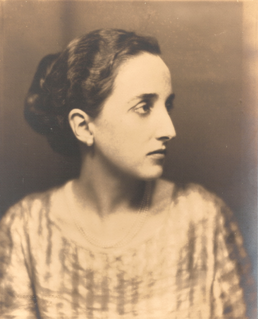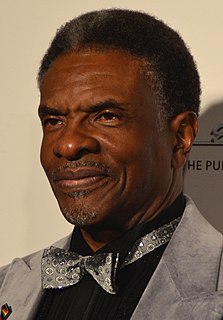A Quote by Dylan Moran
Children are the most honest critics. They will say "You're funny", but also "You're pathetic - go away."
Related Quotes
I don't change the language for children books. I don't make the language simpler. I use words that they might have to look up in the dictionary. The books are shorter, but there's just not that much difference other than that to be honest. And the funny thing is, I have adult writer friends [to whom I would say], "Would you think of writing a children's book?" and they go, "No, God, I wouldn't know how." They're quite intimidated by the concept of it. And when I say to children's books writers, would they write an adult book, they say no because they think they're too good for it.
He would say, "How funny it will all seem, all you've gone through, when I'm not here anymore, when you no longer feel my arms around your shoulders, nor my heart beneath you, nor this mouth on your eyes, because I will have to go away some day, far away..." And in that instant I could feel myself with him gone, dizzy with fear, sinking down into the most horrible blackness: into death.
It is one of the paradoxes of parenting, and often a painful paradox, that even as our children need us for love and trust, they also need us for honest differing. It's not only over limits and rules...[but also] about what we represent in the way of culture, traditions, and values. We owe it to our children to let them know what we believe, and if they differ with us, we owe it to them to be honest adversaries, for it is through this honest confrontation that children can grow into adults who have a firm sense of their place in the sequence of the generations.
From the writer's point of view, critics should be ignored, although it's hard not to do what they suggest. I think it's unfortunate to have critics for friends. Suppose you write something that stinks, what are they going to say in a review? Say it stinks? So if they're honest, they do, and if you were friends you're still friends, but the knowledge of your lousy writing and their articulate admission of it will be always something between the two of you, like the knowledge between a man and his wife of some shady adultery.
It's just my natural way - to be funny. I don't know why that is. But as I've said, humor is a quick cover for shock, horror, confusion. The critics hate funny writers for the most part. They think funny is not serious, but I think that funny can be even more serious than nonfunny. And it can be more affecting, too.
Our critics would love nothing more for us to go away and just be quiet. And we won't give them that satisfaction. We have young children that, one day, when they understand more of what's happened and what's transpired, we wanna be able to say to them, you know, we did our best. And we told the truth.



